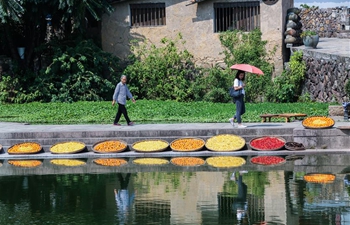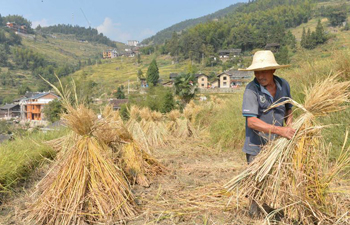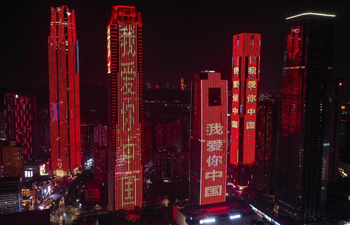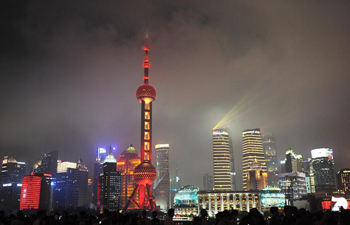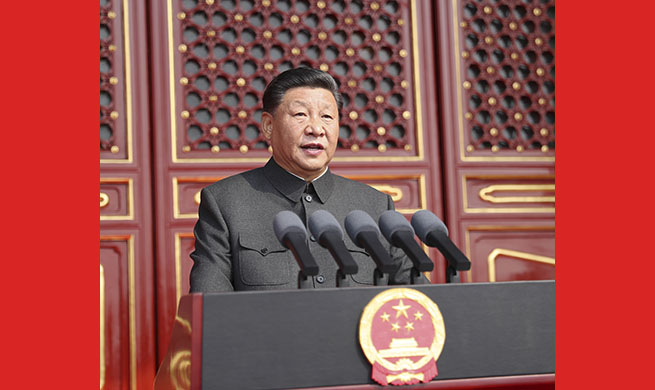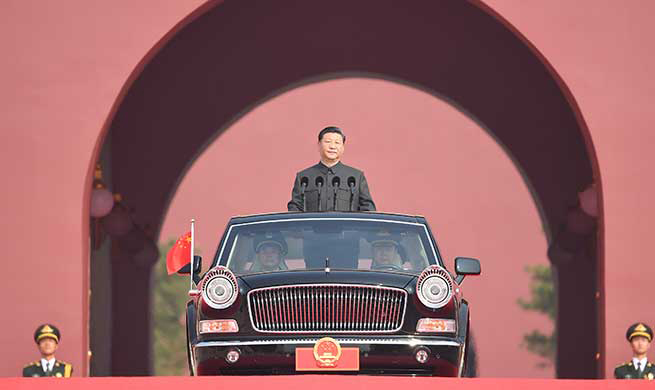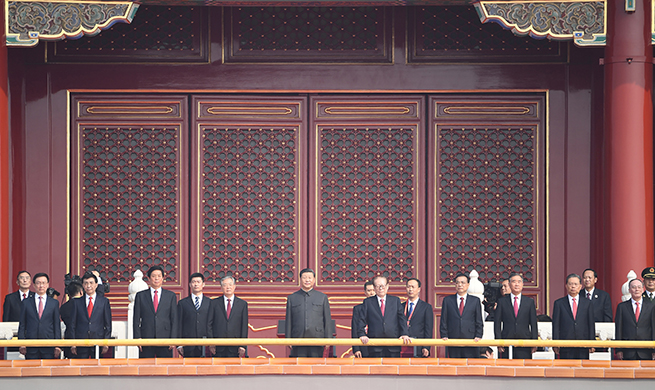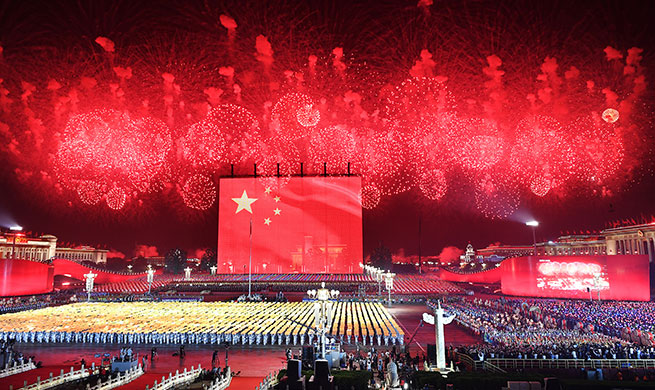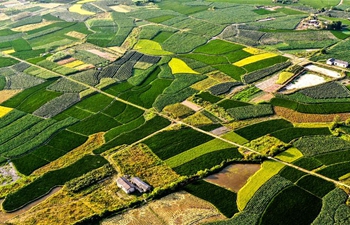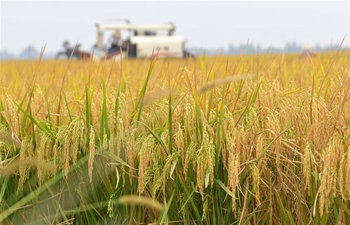CAIRO, Oct. 5 (Xinhua) -- Egypt welcomed on Saturday the U.S. statement that backs the ongoing negotiations between Egypt, Ethiopia, and Sudan on the Grand Ethiopian Renaissance Dam (GERD) being built on their shared Nile River.
Egyptian Presidential Spokesman Bassam Rady said that his country welcomes the White House statement on the ongoing negotiations on the dam, which included U.S. support for Egypt, Sudan and Ethiopia in seeking an agreement on the rules of filling and operating the Ethiopian dam to achieve the common interests of the three countries, according to Egypt's official MENA news agency.
He added that Egypt wishes the United States to play an active role in this regard, especially in light of the deadlocked negotiations which have been ongoing since 2015.
Rady pointed out that these negotiations did not lead to any tangible progress, which reflects the need for an effective international role to bring the views of the three countries closer.
The spokesman stressed the importance of reaching a fair and balanced agreement based on respecting the principles of international law governing the management and use of international rivers, which allow countries to benefit from their water resources without harming the interests and rights of other parties.
On Thursday, the White House said that the United States supports Egypt, Ethiopia, and Sudan's ongoing negotiations to reach a cooperative, sustainable, and mutually beneficial agreement on filling and operating the GERD.
Upstream Nile Basin country Ethiopia and downstream Sudan eye massive benefits from the GERD construction, while downstream Egypt is concerned it might affect its 55.5-billion-cubic-meter annual share of the river water.
Ethiopia has been building the dam since 2011. It is expected to produce over 6,000 megawatts of electricity and to be Africa's largest hydropower dam upon completion.
Filling the reservoir, whose total capacity is 74 billion cubic meters, is expected to take several years. While Ethiopia asked to fill it in five-six years, Egypt seeks to prolong the period to avoid the negative effects of water shortage, which is a main point of their talks.
